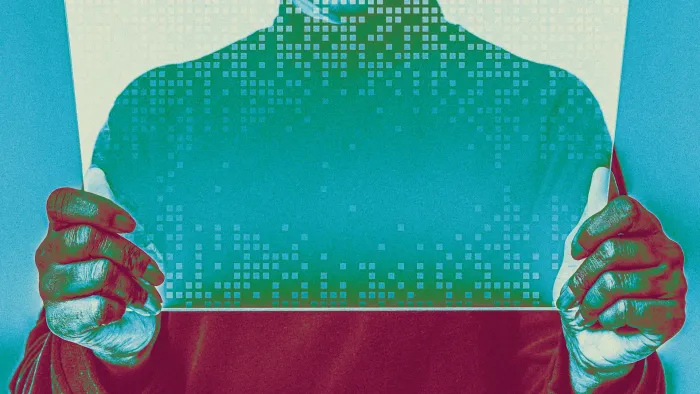
.
Image: Freepik
OpenAI’s new video generation app Sora is barely a week old, but CEO Sam Altman is already dropping updates to address some major potential issues with the app.
In the days since Sora launched, the app has soared to the top of the U.S. Apple App Store as users flocked to try it—even though it is still invite-only. And just as its popularity has skyrocketed, experts increasingly sounded the alarm over the likelihood that OpenAI may face legal action over Sora’s ability to generate copyrighted characters, logos, and other intellectual property. That’s what the new updates appear geared to address.
In a Friday blog post, Altman said Sora will undergo two major changes: The first change is aimed at giving rights holders “granular control over generation of characters,” he wrote, similar to the company’s opt-in model for likenesses.
The second will be tweaking the app to create revenue, in part so that some proportion of the app’s takings can be shared with rights holders, according to Altman. It’s unclear when the changes will take effect, with Altman only writing they would be coming “soon.”
“We are hearing from a lot of rightsholders who are very excited for this new kind of ‘interactive fan fiction’ and think this new kind of engagement will accrue a lot of value to them, but want the ability to specify how their characters can be used (including not at all),” Altman wrote, caveating that some “edge cases” might sneak through the cracks.
Generated videos featuring characters from SpongeBob SquarePants, South Park, and a number of other television shows and movies could already be found on the app in the days after its release, CNBC reported.
“People are eager to engage with their family and friends through their own imaginations, as well as stories, characters, and worlds they love, and we see new opportunities for creators to deepen their connection with the fans,” Varun Shetty, OpenAI’s head of media partnerships, told CNBC in a statement.
“We’ll work with rights holders to block characters from Sora at their request and respond to takedown requests,” Shetty told the outlet.
Fast Company reached out to OpenAI for comment, but did not hear back by the time of publication.
Other publications that tested the app found that it wouldn’t generate certain images, including of celebrities who hadn’t given OpenAI permission to use their likeness. The app also wouldn’t create violent content, as well as some political content, according to The New York Times.
The concerns over OpenAI’s new app come months after Disney and Universal filed a copyright lawsuit against another AI image-generator, Midjourney—marking the first time a global entertainment company sued an AI platform over copyright. Disney has also sent a cease-and-desist to Character.AI over alleged copyright violations, CNBC reported.
In his blog post Friday, Altman nodded to the “remarkable creative output” of some Sora users, writing that “people are generating much more than we expected per user, and a lot of videos are being generated for very small audiences.”
Altman wrote that the app will continue to change over the coming months, in a “trial and error” process. “Our hope is that the new kind of engagement is even more valuable than the revenue share,”” he wrote.
The application deadline for Fast Company’s Most Innovative Companies Awards is tonight, October 3, at 11:59 p.m. PT. Apply today.
ABOUT THE AUTHOR
Sarah Bregel is a writer, editor, and single mom living in Baltimore. She’s contributed to New York Magazine, The Washington Post, Vice, InStyle, Slate, Parents, and others.
FAST COMPANY
